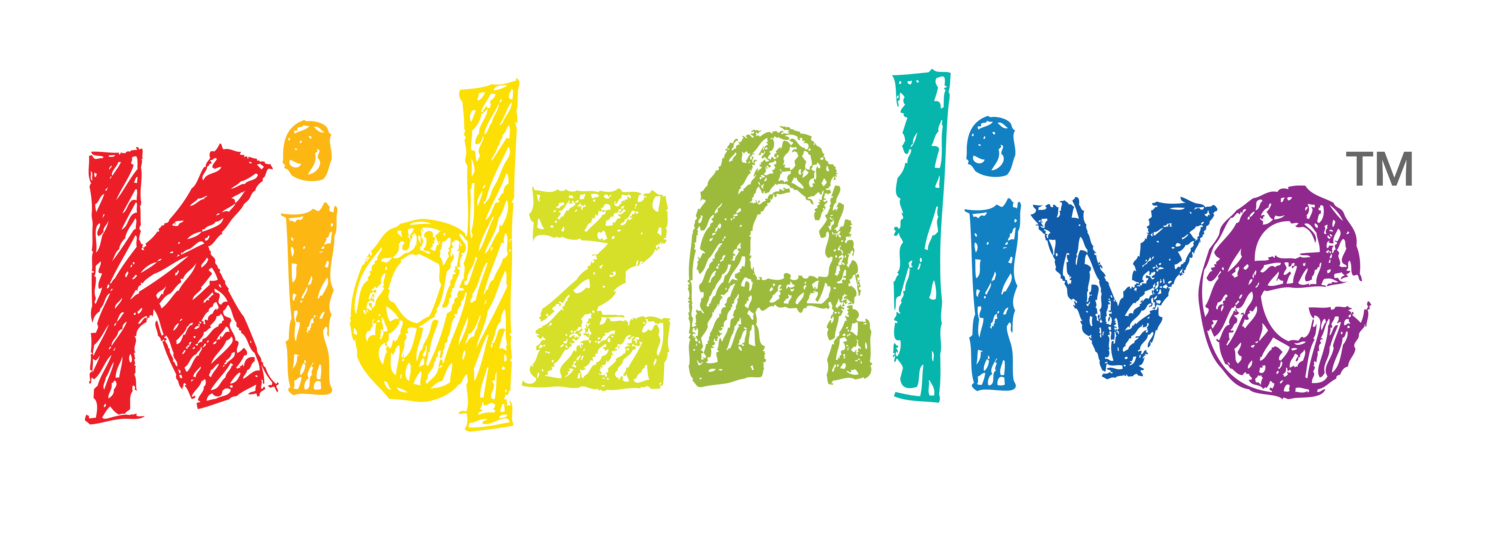Children and adolescents have rights but with each right, they have a responsibility
Human Rights Day 2023
South Africa's Human Rights Day is a commemoration of the Sharpeville massacre that took place on March 21, 1960, in which police opened fire on a peaceful demonstration against apartheid laws, killing 69 people. This day is observed every year as a reminder of the struggle for human rights and the sacrifices made by those who fought for freedom and equality.
As we reflect on this important day, it is crucial to examine how it relates to the health rights and responsibilities of children and adolescents in South Africa. The United Nations Convention on the Rights of the Child (UNCRC) outlines the fundamental human rights that every child should enjoy, regardless of race, ethnicity, gender, religion, or social status. South Africa is a signatory to the UNCRC and has taken steps to incorporate its principles into national laws and policies.
One of the key child health rights is the right to access quality healthcare services.
South Africa has made significant progress in improving access to healthcare for all children, but there are still challenges in ensuring quality care and addressing disparities in resource allocation.
Children have the responsibility to take care of their health, by practising good hygiene, eating a balanced diet, getting regular exercise, and seeking medical attention when necessary.
Visit this website to find out more about your rights when accessing health services. http://www.kznhealth.gov.za/bathopele.htm
Another important child health right is the right to be protected from abuse, neglect, and exploitation.
South Africa has a high prevalence of child abuse, including physical, sexual, and emotional abuse, as well as neglect and child labour.
Children have the responsibility to report any form of abuse they experience or witness, and adults have the responsibility to take action to protect children from harm.
Children also have the right to be informed about and participate in decisions that affect their health, including in matters related to their education, nutrition, and safety.
South Africa has made some progress in promoting children's participation, but there are still challenges in ensuring that children's voices are heard and taken seriously.
Children have the responsibility to express their views in a respectful and constructive manner, and adults have the responsibility to listen to and take into account children's perspectives.
Finally, children have the right to a healthy environment, including access to clean water, sanitation, and safe living conditions.
South Africa faces many environmental challenges, including air pollution, water scarcity, and climate change.
Children have the responsibility to be environmentally responsible, by conserving resources and reducing waste, while adults have the responsibility to ensure that children have access to a healthy and sustainable environment.
South Africa's Human Rights Day is an opportunity to reflect on the progress that has been made in advancing human rights, including the health rights of children and adolescents. It is also a reminder of the challenges that remain and the responsibility of individuals, communities, and the government to work towards a healthier and more equitable society. By upholding the health rights and responsibilities of children, we can build a brighter future for all.





